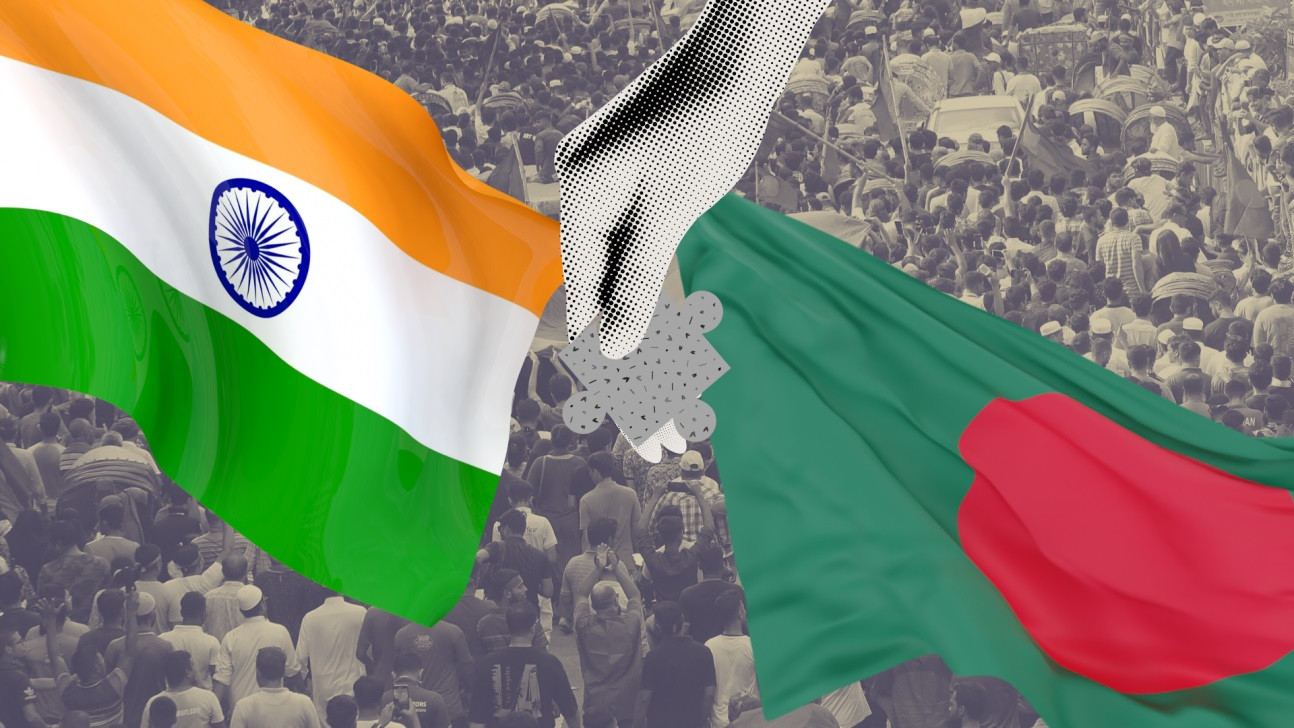By Jamil Bhatti
ABBOTTABAD, Pakistan, May 3 (Xinhua) — The death of Osama bin Laden in Pakistan demanded critics who termed Pakistan a safe heaven for al-Qaeda members in the past to change their views as this heaven has been proven as the hunting cage of al-Qaida’s top leadership, Pakistanis said on Tuesday.
People talking to Xinhua showed their deep concerns over the behavior of Western media to Pakistan in war against terrorism. ” We have lost thousands of our innocent people and billions of dollar assets in this war but even then they are negative about our role,”said a resident in Abbottabad, the city where bin Laden was killed.
Osama, al-Qaida’s founder and chief, was the latest one of the eight al-Qaida leaders killed or arrested in Pakistan since the 9/ 11 incident, the attack that left over 3,000 people dead in New York and also triggered U.S.-led war against Taliban and al-Qaida in Afghanistan.
Osama bin Laden was killed on Monday morning in a direct U.S. army operation in Abbottabad, a cantonment district with a population of over 800,000 some 100 kilometers away from capital Islamabad.
Here are the details about the other top al-Qaida leaders, who were hounded in Pakistan.
Seven months after the 9/11 the first top al-Qaida member arrested from Pakistan was a Saudi Arabian national Abu Zubaydah. Pakistani secret intelligence and American FBI, in a joint operation, raided a house in March 2002 in Faisal Town area of country’s industrial city of Faisalabad and arrested him injured.
Zubaydah was considered as the integral part of the al-Qaida as being the close aid to bin Laden and in-charge of communications in international operations. He has been in U.S. custody since arrest.
In September 2002, another al-Qaida leader Ramzi bin al-Shibh was also traced and arrested by the Pakistani security agencies from its southern coastal city of Karachi. Shibh is a detainee at Guantanamo Bay as an accused of being the facilitator of 9/11 attacks, and suspect of attacking and destruction of American warship USS Cool in 1998.
The arrest of Khalid Shaikh Mohammed, one of the al-Qaeda’s top four characters, in March 2003 from Islamabad’s adjacent city of Rawalpindi was the highest profile success of the time.
The highest importance of 25 million dollar head money man was measured when former U.S. President J.W. Bush announced his arrest and said U.S. has got the mastermind of 9/11 attacks.
Ahmed Khalfan Ghailani, the suspect of planning of attacks on U. S. embassy in Kenya in 1998, was handed over to America after Pakistani forces arrested him from the country’s eastern border city of Gujrat in July 2004.
In May 2005, Pakistani forces succeeded to arrest al-Qaida number three leader Abu Faraj al-Libi, the in-charge of al-Qaida in Pakistan and allegedly responsible of attacks at Pakistan’s then president Pervez Musharraf. Both Pakistan and U.S. had announced head money for his arrest.
In 2008, American forces raised the number of drone strikes in Pakistan’s northwestern tribal areas to hunt the al-Qaida militants.
Abu Lais al-Libi was the first-ever al-Qaida’s main commander who was hit by the drone missile in Pakistan’s northwestern tribal region of North Waziristan, bordering Afghanistan, during the last week of January of 2008.
In May 2010, al-Qaida had to face a big loss when a missile fired from the pilotless U.S. drone killed its senior most leader Mustafa Al Yazid in Pakistan’s northwestern tribal areas. He appeared as the in-charge of operations in Afghanistan, and the number three in rank after the death of Abu Ubaidah al-Banshiri following Osama and Ayman al-Zawahiri.








